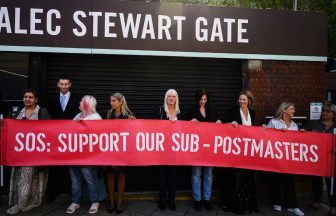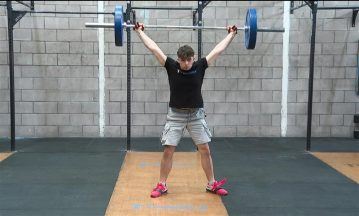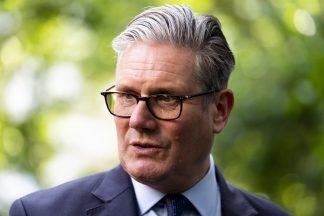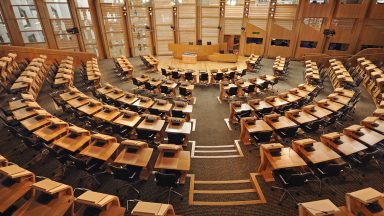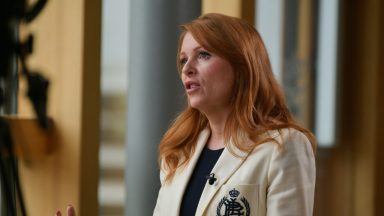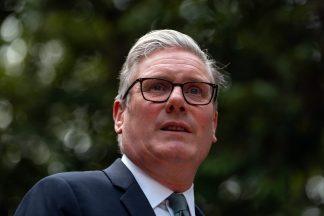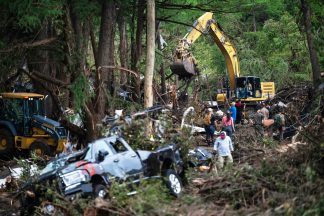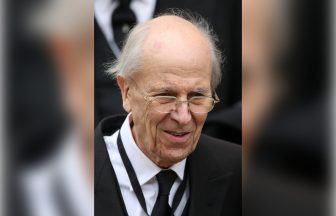The headline from Humza Yousaf’s conference speech to the party faithful in Aberdeen last week was that his Government would freeze council tax levels next year.
It was an announcement that was as dramatic as it was unexpected. It is surprising for four reasons.
First, no one in Scottish local government had been consulted about it, despite a concordat about working together on key issues of which funding councils appears to me to be pretty fundamental.
Second, it appears he is engaged in making a significant financial commitment in isolation from its potential effects on other spending priorities. The announcement probably gave some civil servants a few palpitations as they asked themselves, where did this come from?
Third, it effectively binned an idea with which the First Minister had been flirting, namely allowing local authorities to significantly increase the tax for households in the highest council tax bands.
Fourth, this was awful political management, one that made him look as if he was groping for a populist policy whilst binning any idea of working collegiality with councils.
The furious reaction from Scotland’s council body COSLA effectively told you that the First Minister had not read the Ladybird book on “How to Govern”. This was spectacularly bad political handling of a key issue.
Of course, in 2007 the SNP was elected on a pledge to replace the “unfair council tax”, as it was repeatedly called. Like eliminating student debt, it was a commitment to voters that was binned.
To compound the unfairness of the current system, around 60% of properties in Scotland are in the wrong band, since there has not been a revaluation of properties since 1991 and values have changed markedly in the ensuing 32 years.
The SNP uses the word “fairness” so often that you would think it is written into the party’s constitution alongside the word independence.
Any notion of fairness would however see a revaluation of domestic properties but that of course would almost certainly incur the wrath of the middle classes. Maintaining unfairness is the policy of choice since it keeps a lid on a voter revolt.
During the SNP leadership contest Yousaf repeatedly talked about those with the broadest shoulders helping to carry the financial can for maintaining and improving public services.
To buttress the point, he made soothing noises to the STUC (Scottish Trades Union Congress).
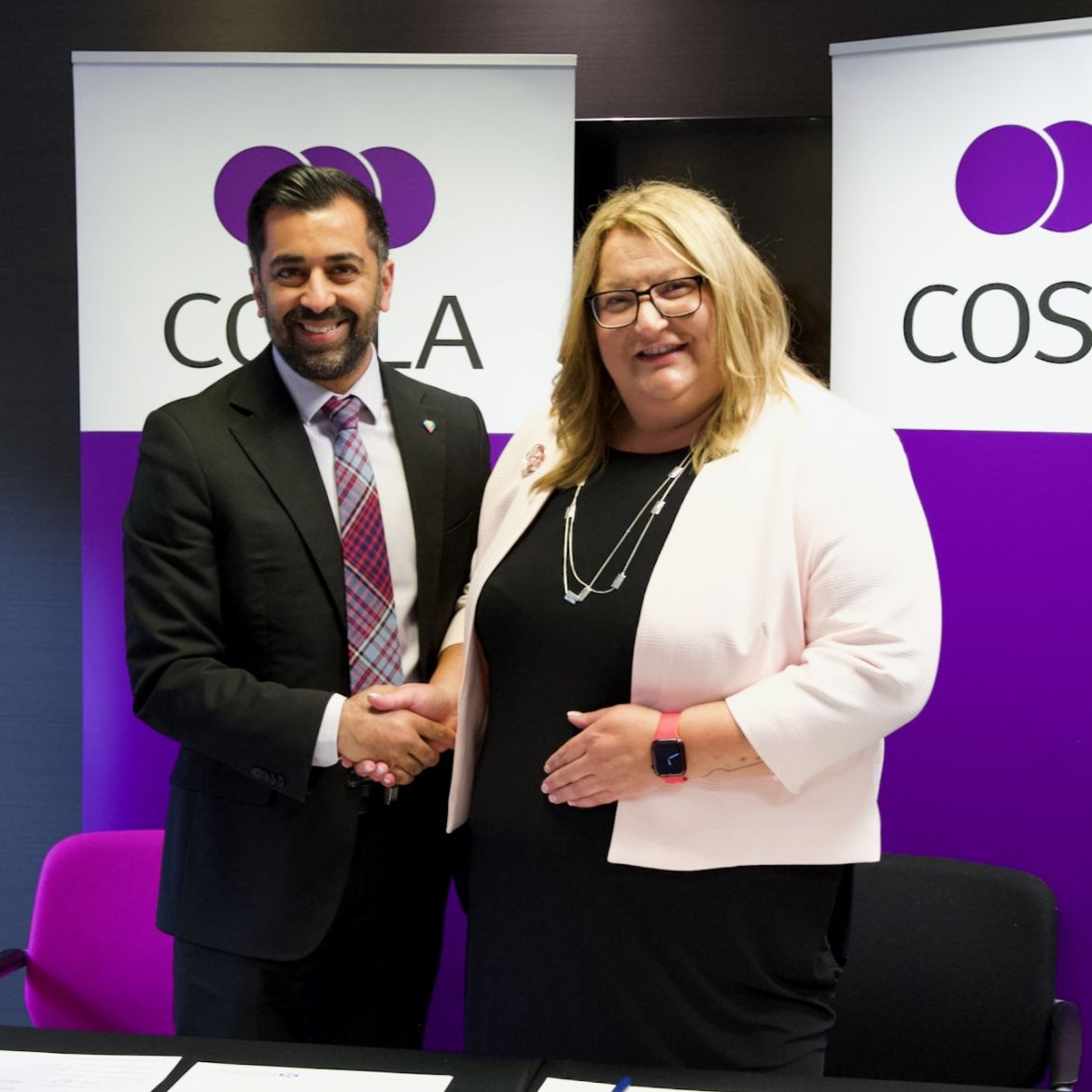 COSLA
COSLAA raft of proposals saw them argue for a reduction at which the higher rate of tax is paid (from £43,662 to £40,000) in a move that would see many public servants pay the higher rate of tax for the first time.
The Congress also argued for a new tax band for those earning between £75,000-£125,000, to be levied at 44p in the pound.
These proposals if enacted would see a further divergence in tax rates and bands from England. Taxpayers in Scotland already pay more if they earn more than £28,000.
Now if the rationale on the council tax freeze is to help households with cost of living pressures, then you cannot possibly embrace the STUC proposals since it would involve thousands more in Scotland paying significantly higher tax.
The First Minister gives the impression of a politician who announces first and then thinks through the implications of the announcement on another day.
I have a simple question, what does the First Minister actually believe on taxation?
The tone of his contributions to date are the exact opposite to the action announced on council tax at conference.
And having adopted that policy he will now have to stick with the current income tax regime since to do anything else would seem completely inconsistent with helping hard pressed households.
Local government is in a terrible situation with regards to finance. During the austerity years the Scottish Government introduced a succession of “tough” spending settlements involving ring-fenced expenditure under diktat from Holyrood ministers. It compromised the ability of Scotland’s thirty two councils to improve services.
To compound the issue, having failed to abolish the “unfair council tax”, the SNP effectively imposed nine years of a freeze in the kind of top-down centralist approach not seen since the days of Margaret Thatcher.
Now you can freeze council tax to the obvious delight of almost everyone who has to pay it. But you cannot freeze it and expect services to improve.
The apparent doublespeak of the First Minister on tax suggests that his instincts are not likely to play well in the run up to a UK general election.
Rather than be on the wrong side of the “help with the cost of living crisis”, he has decided to capitulate on the notion of increasing tax for Scots on incomes that can hardly be described as large.
It looks like having rhetorically toyed with the idea of change on taxation, the First Minister has decided on a council tax freeze allied to the maintenance of the status quo on existing bands and rates.
Communication of policy is taken seriously by every government. If the public do not know where you stand on an issue it will inevitably do you no good.
I would suggest that Yousaf has learned several key lessons. One, think before you announce. Lesson two is to square those who are affected by the policy to limit the political fallout.
It is still early days in his leadership. He has to show a greater degree of consistency in communicating policy otherwise he will earn a reputation for incompetence.
Elections are unforgiving events for politicians with such a reputation.
Follow STV News on WhatsApp
Scan the QR code on your mobile device for all the latest news from around the country


